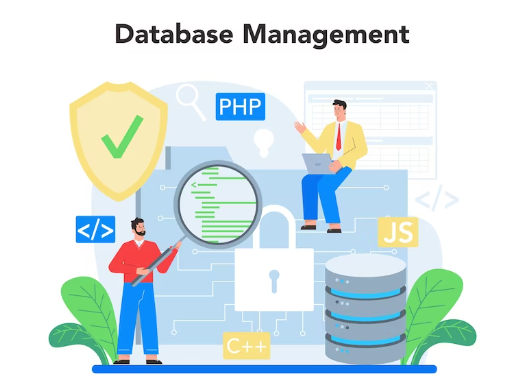
10 Best Database Management Systems For Software Developers
Jun 20, 2025 4 Min Read 47559 Views
(Last Updated)
In this digitized world, where data is an asset to businesses, it has become very important for organizations to store, access, and manipulate it whenever required. Along with the storage of data, security is also a very important concern. This is where the database management system, generally referred to as DBMS, comes into the picture.
Let’s understand what is a database management system is first. A database management system is a system that stores data in a database so that the user can perform operations on it whenever required. It is a software system that allows users to define, create, maintain, and control access to the database.
Every software developer uses a database management system to store data while working on software development. According to Statista, Oracle is the top DBMS, followed by MySQL, PostgreSQL, etc. Although there are many DBMSs, in this article, we’ll be exploring the 10 best database management systems for software developers:
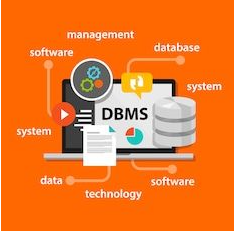
Table of contents
- 10 Best Database Management Systems for Software Developers
- Oracle
- MySQL
- Microsoft SQL Server
- PostgreSQL
- MongoDB
- Redis
- ElasticSearch
- MariaDB
- IBM DB2
- SQLite
- Conclusion
- Related Resources:
- Q1. Which database is used by developers?
- Q2. What is the most used database management system?
- Q3. Which is the best database for web development?
- Q4. What is a database management tool?
10 Best Database Management Systems for Software Developers
Let’s hop into some of the most popular DBMSs that software developers mostly use or rely on while working on application development. These are the easiest to access and also the most trustworthy.
Before diving into the next section, ensure you’re solid on full-stack development essentials like front-end frameworks, back-end technologies, and database management. If you are looking for a detailed Full Stack Development career program, you can join GUVI’s Full Stack Web Development Course with placement assistance. You will be able to master the MERN stack (MongoDB, Express.js, React, Node.js) and build real-life projects.
Additionally, if you want to explore JavaScript through a self-paced course, try GUVI’s JavaScript certification course.
1. Oracle
Oracle is the most widely used database management system written in assembly languages, C, C++, and Java. It is also considered the most popular database because of its cost-optimizing and high-performing features. It supports SQL (Structured Query Language) to interact with the database.
The latest version of Oracle is 21C, which has wide-ranging capabilities like multi-workload improvement with AutoML. Some of its benefits include less space-taking ability, processing of data faster, reduced risk factors, and it also has features like JSON from SQL.
2. MySQL
Another best database management system that software developers use is MySQL(written in C and C++), which is again the most popular among developers. MySQL is an open-source RDBMS (Relational Database Management System) that comes with advanced features.
It is mainly focused on the web development domain due to its stable, robust, and mature nature. According to a survey, MySQL is used by 56% of developers, and top companies like Google, Facebook, and many more use MySQL. It also supports ACID (Atomicity, Consistency, Isolation, and Durability), making it more reliable. This is an important factor to consider for offshore developers or remote developers in general, who may not always have immediate support from a team
3. Microsoft SQL Server
Microsoft SQL Server, launched in 1989 and developed by Microsoft, is the most popular RDBMS for on-premise and cloud environments, written in C and C++. It is a multi-model database that supports SQL, JSON, and Spatial Data. It has built-in intelligence allowing businesses to scale their performance, availability, and security based on requirements.
It supports transaction processing, business intelligence, and analytics applications in IT environments and is ideally used to build web apps.
4. PostgreSQL
PostgreSQL, written in C, is a database management system that is able to deal with a huge amount of data. It is a free and open-source ORDBMS (Object-Relational Database Management System). It comes with robust features allowing businesses to achieve data handling objectives.
It offers inheritance and function loading, which are used to enhance the extensibility, reliability, and data integrity. Big companies like Apple, Cisco, Skype, and IMDb use this database for their operation. Its major applications are in building gaming applications, database automation tools, and domain registrations.
5. MongoDB
MongoDB is a cross-platform NoSQL database, written in C, C++, and JavaScript. It is a high-speed database where data is stored in the form of JSON-style documents. You can use this database for building mobile apps, real-time analytics, IoT, etc. MongoDB handles document data to avoid challenges in loading and accessing data into RDBMS using OOPs. Being a scalable and flexible database platform, it overcomes the relational database approach.
6. Redis
Redis (Remote Dictionary Server) is an open-source database management system that is ranked as the most loved database platform. It is an in-memory key-value database that supports multiple data structures and offers unmatched speed.
Also, it can be used as a distributed cache and is considered an ideal choice for real-time analytics such as social media, personalization, ad targeting, etc. Because of its ability to process millions of requests, Redis is used in applications like gaming, IoT, and financial services etc.
7. ElasticSearch
ElasticSearch is another open-source database management system that stores and indexes any type of data in JSON format. It’s a document-based system with multi-tenant capability, with an HTTP web interface, schema-free JSON documents, and a REST API.
Being scalable, ElasticSearch has gained immense popularity. It supports structured and schema-less data (JSON) for analyzing Logging or monitoring data. It is used for full-text search, security intelligence, operational intelligence, etc.
8. MariaDB
MariaDB, written in C/C++, is a popular RDBMS compatible with the MySQL protocol and clients. It supports columnar storage and has a massively parallel distributed data architecture. Also, it has huge community support. MariaDB can replace MySQL very easily without any modifications in code.
The applications in which MariaDB is used are e-commerce, enterprise-level, and logging. It can work on small as well as large scales in any cloud database.
9. IBM DB2
IBM DB2 is a popular database management system that is a tested database having a resilient and hybrid nature. It supports the relational model and also object-relational features and non-relational structures such as JSON and XML.
This database supports data science languages and AI-dedicated capabilities to manage complex frameworks. It can run businesses with high scalability, security, and intelligent automation, can also run queries at faster speeds, and provides easy installation to support massive amounts of data.
10. SQLite
SQLite is an open-source, lightweight database management system, written in C. It implements a self-contained, zero-configuration, serverless, and transactional SQL database engine. It has an integrated RDBMS, and the tool’s engine is highly reliable and self-contained.
Its major application is to develop embedded software for devices like electronic items and mobile web development. This DBMS is designed to cater to small and medium-sized businesses (SMEs).
Conclusion
To store data in a database and make sure that it is safe, software developers require the most popular DBMS. We have talked about some of the best database management systems that software developers generally use. The DBMSs stated above are the best ones in the market, offer a variety of features, and are also easy to access.
Related Resources:
With placement assistance. You will be able to master the MERN stack (MongoDB, Express.js, React, Node.js) and build real-life projects.
Additionally, if you want to explore JavaScript through a self-paced course, try
Kickstart your Full Stack Development journey by enrolling in GUVI’s Full Stack Development Course with placement assistance, where you will master the MERN stack (MongoDB, Express.js, React, Node.js) and build interesting real-life projects. This program is crafted by our team of experts to help you upskill and assist you in placements.
Alternatively, if you want to explore JavaScript through a self-paced course, try GUVI’s JavaScript certification course.
Ans. Although there are many databases that software developers use, here are the best and the most popular ones:
1. MySQL
2. Oracle
3. PostgreSQL
Also, according to a report, nearly 49% of the developer community prefers MySQL over any other database management system.
Ans. The most used database management system is Oracle. According to db-engine, with a score of 1247 in Feb 2023, Oracle has stayed at the top for years.
Ans. Developers generally prefer Oracle, MySQL, and Microsoft SQL Server for web development. They consider this as the most efficient one and also easily accessible.
Ans. A database management tool is a tool that is like a computerized data-keeping system where users can access data in one go. These are the systems that are used to store, access, and manipulate data by entering queries onthe data.

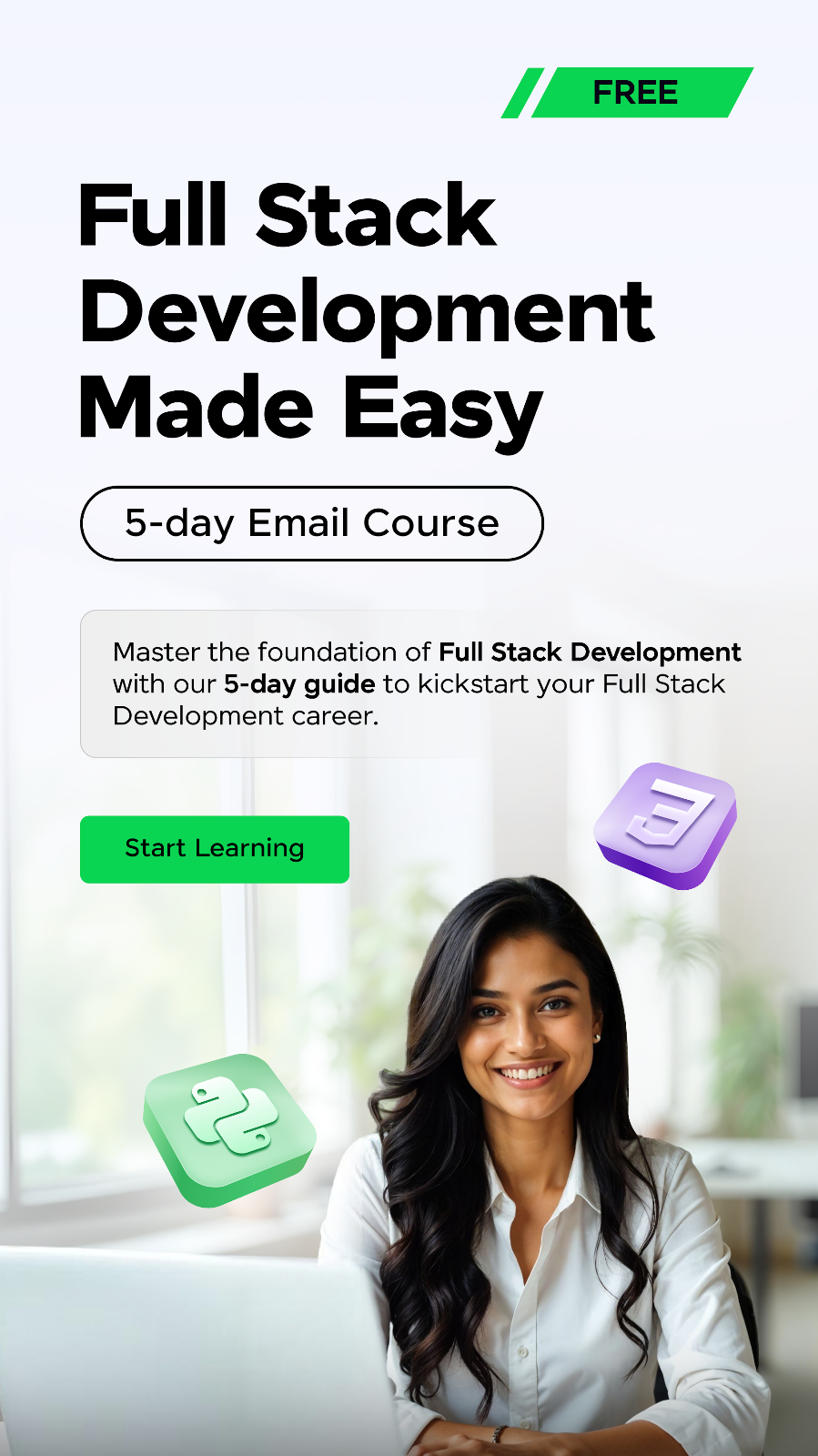



















![Mastering Database Optimization: Advanced Indexing Techniques for Performance [2025] 3 Feature Image - Mastering Database Optimization Advanced Indexing Techniques for Performance](https://www.guvi.in/blog/wp-content/uploads/2024/04/Feature-Image-Mastering-Database-Optimization-Advanced-Indexing-Techniques-for-Performance.webp)
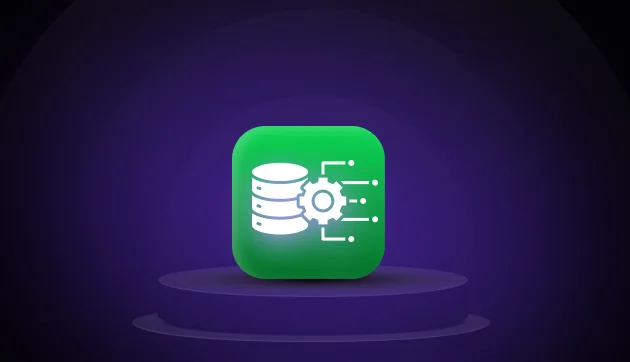
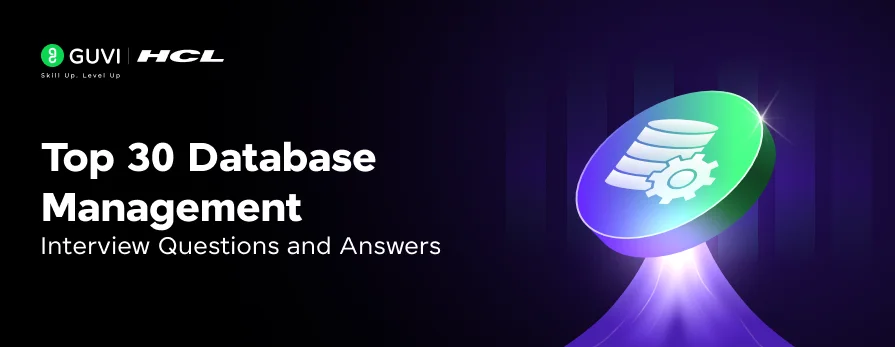
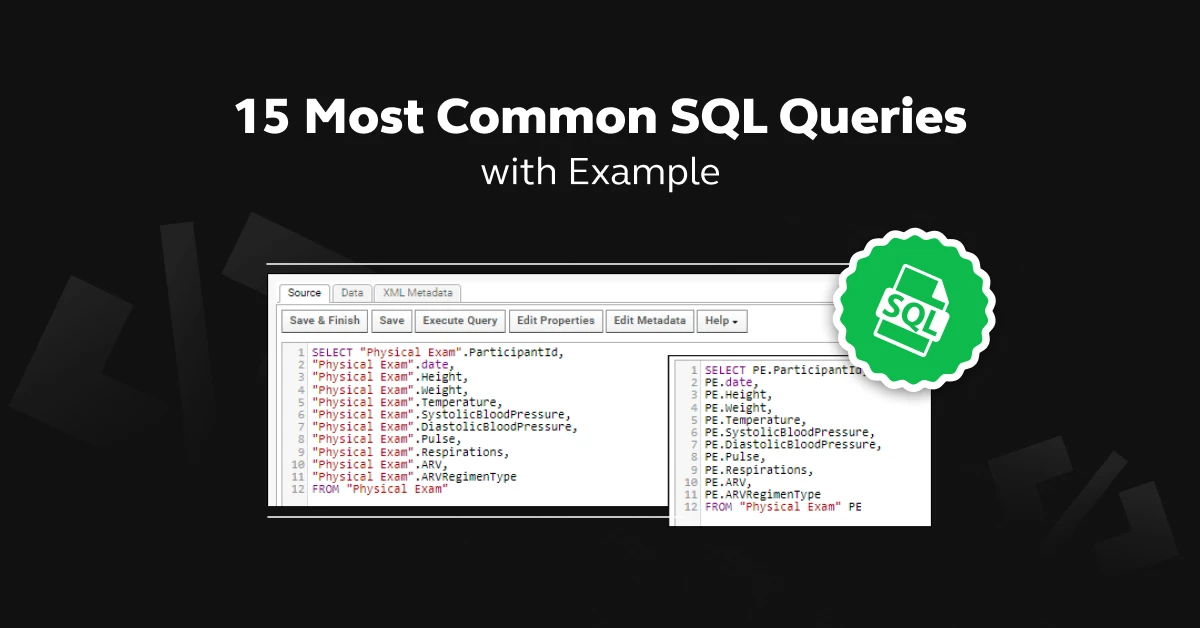
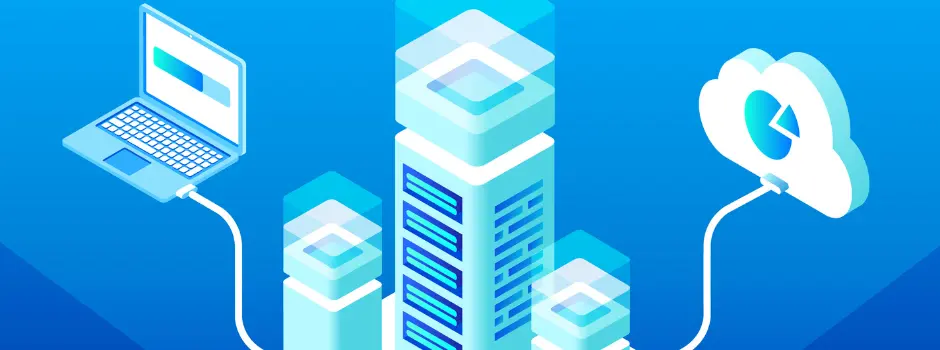
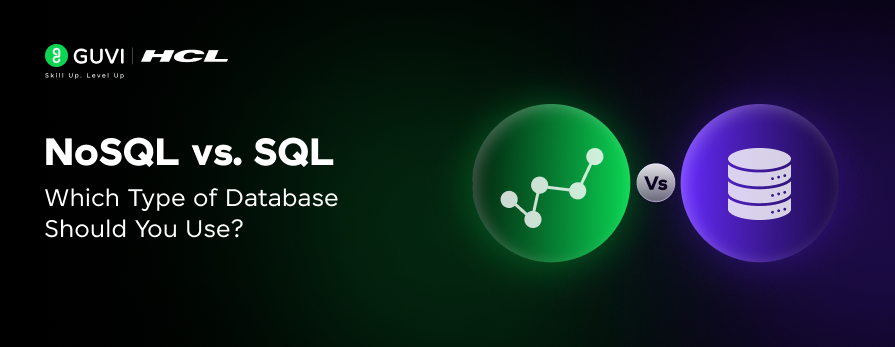

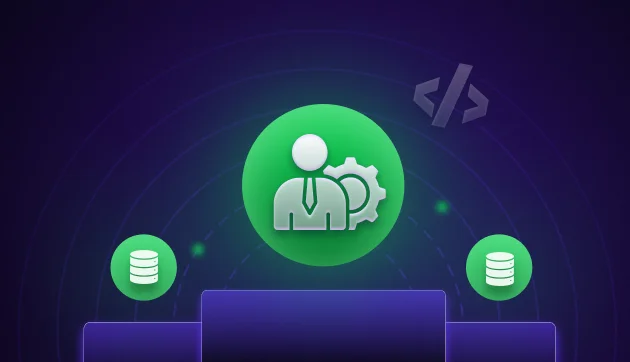
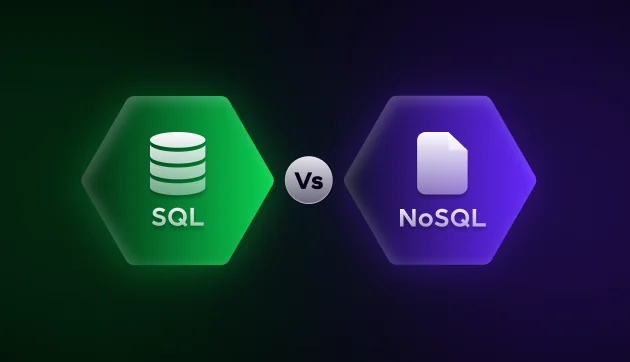

You write very well